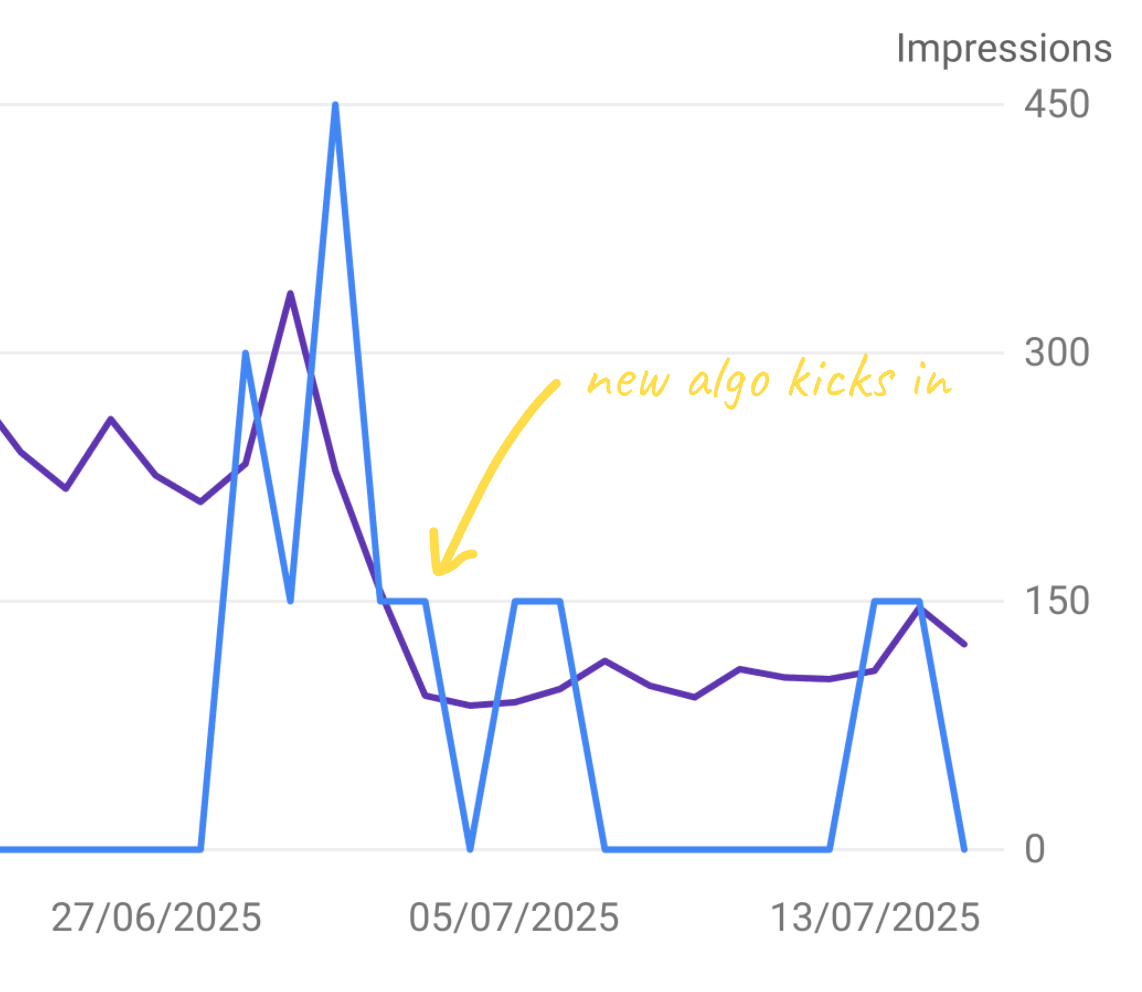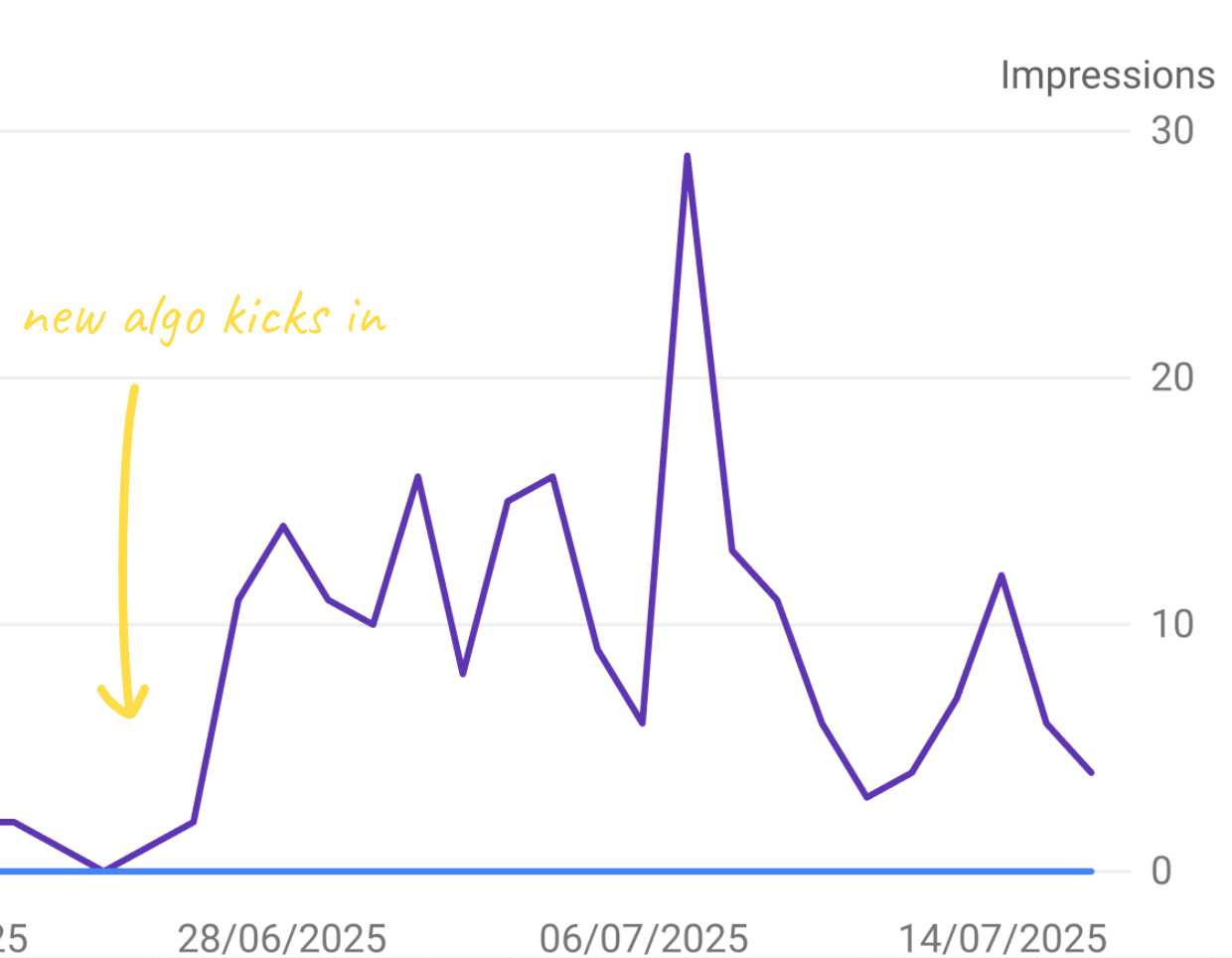- The Ads Dude
- Posts
- The importance of diversification
The importance of diversification
Why diversifying your traffic acquisition is vital and how relying on a single channel can ruin you. The same goes for paid ads: putting all your eggs in one basket is risky.

Hey everyone!
I'm really glad to see 4–5 new subscribers joining every day. These aren’t big-league numbers, but it’s exciting to grow this community and share my thoughts with such a thoughtful audience.
As some of you already know, my goal is to offer insights that aren’t always mainstream but can be incredibly useful for marketers and entrepreneurs. I hope you'll keep enjoying the content and stick with me on this journey.
In this issue, I want to talk about a key concept in marketing: diversification, both in general strategy and specifically in the world of paid media.
So, what is this really about?
No traffic source is completely reliable...
Let me share something that recently happened to me (and to many others, actually). As you probably know, Google periodically updates its search algorithm. Sometimes these updates are minor, but other times, they’re massive and can completely reshape the SERPs (Search Engine Results Pages).
I had started gaining solid traction with my consultation pages on AdsForMakers.com, but one of the latest algorithm updates hit hard. Some of my top-performing pages were suddenly de-ranked, and my overall impressions were cut in half.

While my impression numbers weren’t huge, many businesses do rely almost entirely on Google for traffic and revenue. The latest updates were especially brutal. You’ve probably heard about Google prioritizing Reddit threads and other “trusted” platforms in the rankings, often at the expense of original content.
Ironically (or maybe sadly), an old blog I had almost forgotten about, entirely AI-generated, actually started picking up impressions after the update.

Truth be told, things usually stabilize after these updates. I’m confident I’ll recover some of the lost visibility for AdsForMakers.com. After all, the content is strong, and users seem to love it. 😉
But now imagine a business that relies heavily on organic traffic (or even on newer LLM-based discovery channels). A single update could hit them hard, leading to a 3 or 4 week revenue drop, or worse, never fully recovering their previous traffic levels.
This is exactly why you need to diversify your traffic and revenue sources.
Let me quickly shift to something else. Take a look at this tweet:
Do I know anyone at Apple?
I've lost this week trying to get my macOS app notarized
Notarization jobs would just stall and get stuck on Xcode for days!
So I wrote an email to Apple Developer Support
And the next thing I know is they TERMINATED my entire Developer Account?!
— rameerez (@rameerez)
9:55 AM • Jul 17, 2025
Imagine spending years building an iOS app, finally earning serious revenue after navigating Apple’s review gauntlet and monetization rules. Then, without warning, Apple terminates your developer account and you’re completely cut off.
That’s the danger of relying on monopolistic platforms, whether search engines, app stores, or social networks.
The nightmare is just as real when you lose access to a social account you’ve nurtured for years. Countless horror stories (mine included) feature users locked out of Facebook or Instagram, then stuck in a hopeless loop with Meta’s customer service.
Creative diversification in ads…
Let’s now zoom in a bit and talk about something more specific to ads.
I recently answered a question in the Small Bets community (where I'm listed as an expert) about current best practices for ad creative testing.
Question: I'm curious to hear your take on this: when testing new creatives how different do you believe version A vs B should be? e.g. you should only test one aspect at a time (like the hook) or should you test entirely different ads at the same time?
Answer: The direction now is definitely more YOLO than it was six months ago, it's a fact! The latest changes in the algorithm have made the engine less responsive to small tweaks and more focused on big differentces. In practice, this means granular testing won’t give you much insight anymore, because the system operates at a more “macro” level.
You're now expected to group SKUs or angles into broader themes with multiple creatives, rather than obsess over individual hooks or CTAs. This is yet another step toward the “just give us money and let us handle it” approach good old Zuck hinted at months ago. It also fits perfectly with Meta’s AI obsessed direction across the board.
"Algorithm" means data and lack of data means guessing, which means potentially wasting money for you while they figure out. More than ever, it’s critical to connect all your data sources and feed Meta enough quality signals to enable proper targeting. Still, even with strong data, creative variety and quality matters. Your ads should mirror current organic trends and not be 2004 style.
Creative diversification is now essential.
It might be a bit of an oversimplification, but think of Meta’s algorithm as a system that places your ads into buckets. The number of buckets is enormous, but your ad will always end up in one of them.
Now imagine this: those buckets sit inside bigger buckets, which sit inside even larger ones.
If you’re only running ads that land in the same or similar “bucket groups,” you're limiting your chances of reaching new, diverse audiences.
Your ideal customer might respond better to a clean, polished static ad—or they might engage more with a raw UGC video you shot in 20 minutes. You won't know until you test. And that’s why creative diversification is the key to unlocking broader reach and better performance.
Want to dig deeper into this?
We’ll be talking more about this soon—with examples and a mini workshop.
Stay tuned!
Thank you for your invaluable support of my newsletter—I hope you found some useful insights here.
Feel free to reply to this email with any questions about growth or paid ads (or whatever you have in mind!. You can also book a session with me anytime at adsformakers.com.

Yours truly,
Francesco
